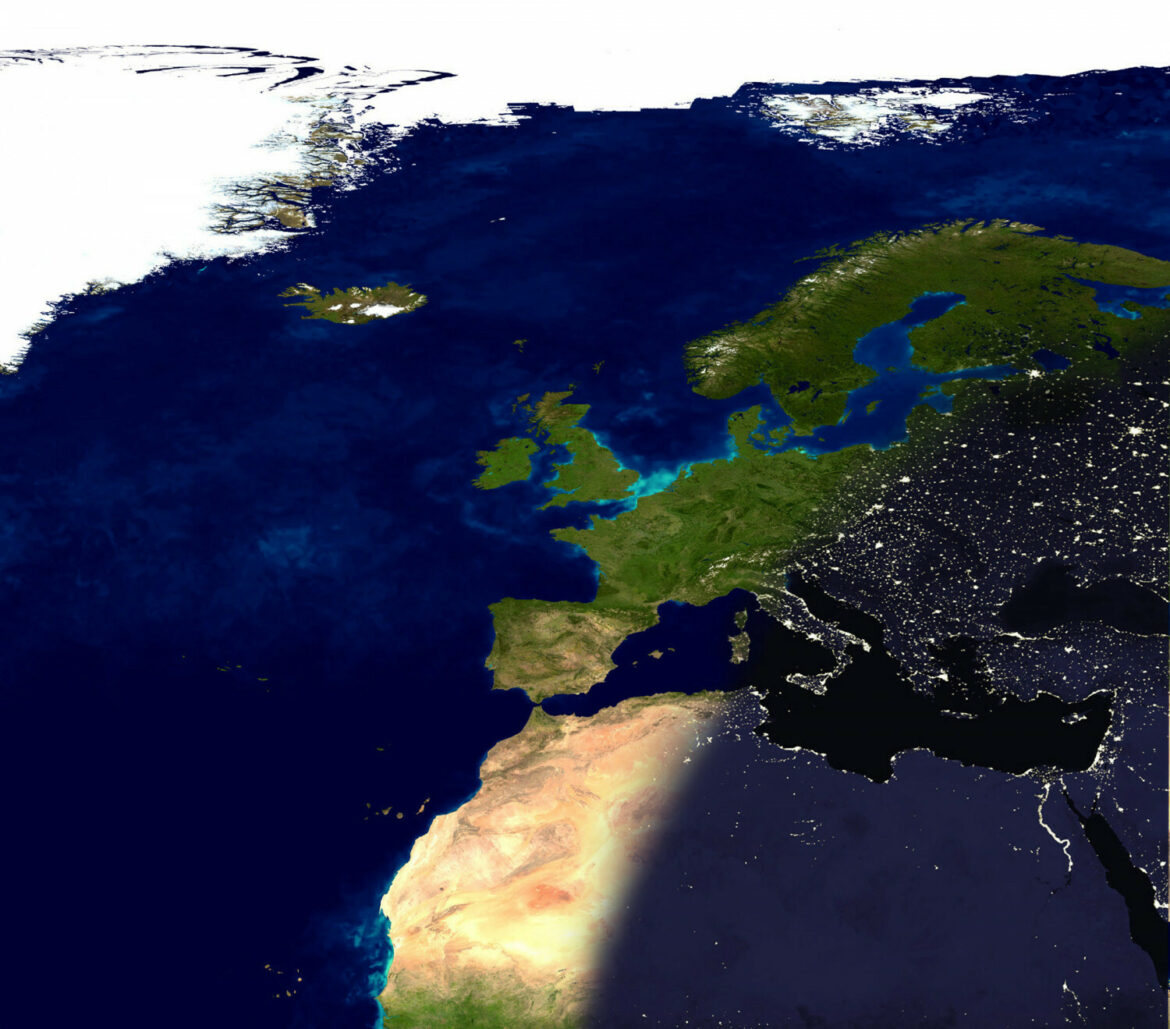The European Space Agency (ESA) and Wrocław University of Life Sciences (UPWr) have signed an agreement to establish a new ESA laboratory in Poland. It will be a place for the development of navigation systems, technology transfer and exchange for young scientists wishing to develop in space and satellite research.
The agreement means that the Wroclaw-based university has joined the network of European space universities under the auspices of the ESA.
The new laboratory will specialise in the development of Global Navigation Satellite Systems (GNSS) for precise positioning and navigation, determining orbits of low and medium satellites, time transfer, studying Earth’s atmosphere, including troposphere and ionosphere, i.e. so-called space weather, rotation of the Earth, as well as geodynamic processes.
The laboratory will also organise joint training, seminars, technology transfer and exchanges for young scientists, doctoral students and students wishing to develop in the area of space and satellite research.
For many years UPWr has been educating PhD students in GNSS, satellite remote sensing, development of techniques for determining the orbits of artificial satellites of the Earth and using them to study the changes occurring in the Earth system.
In addition, Wrocław offers master’s degree courses in satellite geodesy and geoinformatics, and next year it will launch studies specialising in remote sensing, including satellite remote sensing. The ESA laboratory will benefit students, PhD students and scientists conducting their research with the use of satellite technologies.
In Europe, there are already several ESA laboratories established in scientific and didactic institutions. Wroclaw centre is the only one specializing in satellite navigation in this part of Europe.
Adrian Andrzejewski





